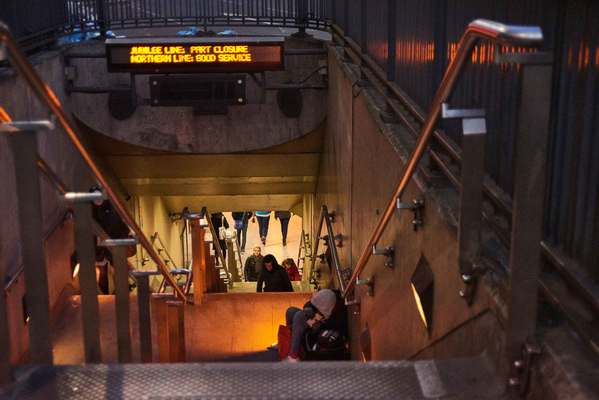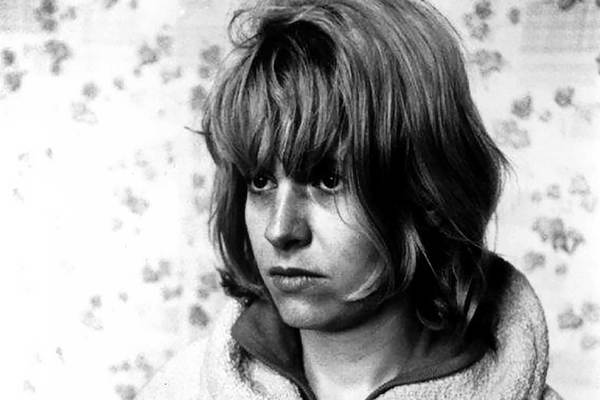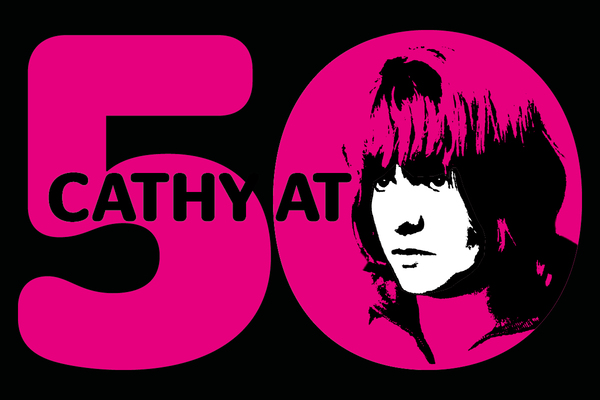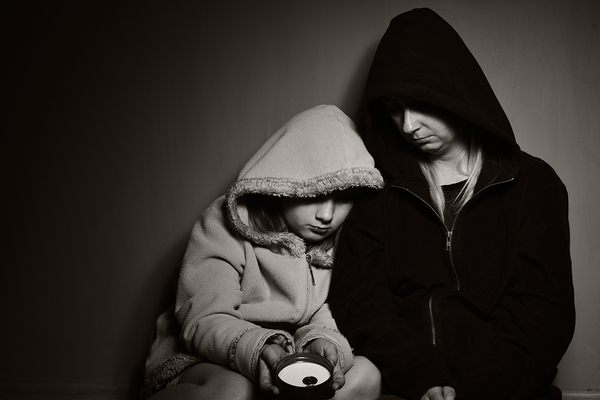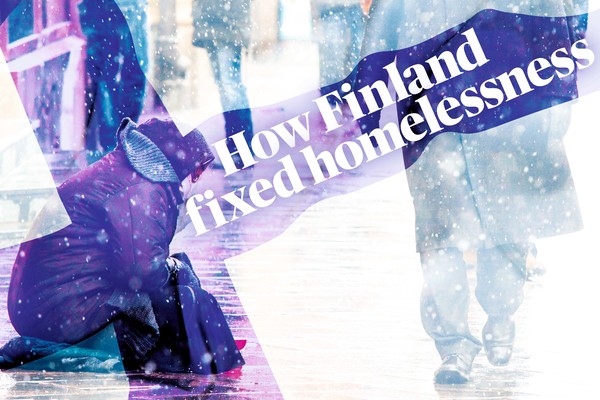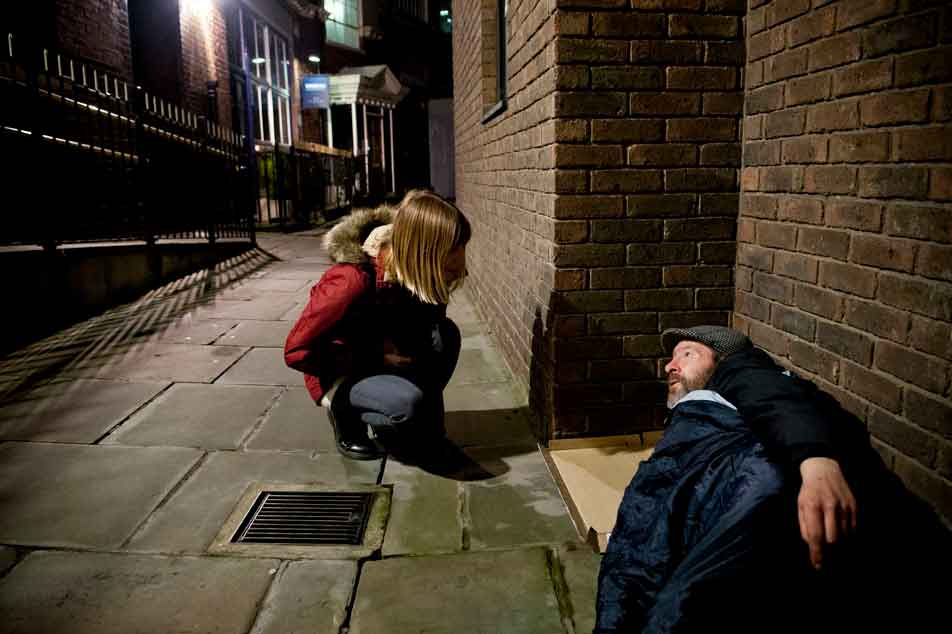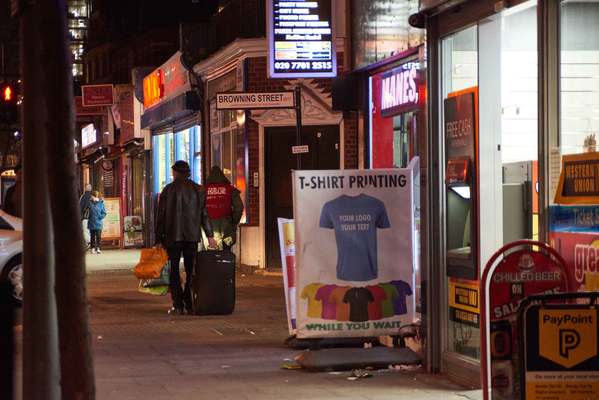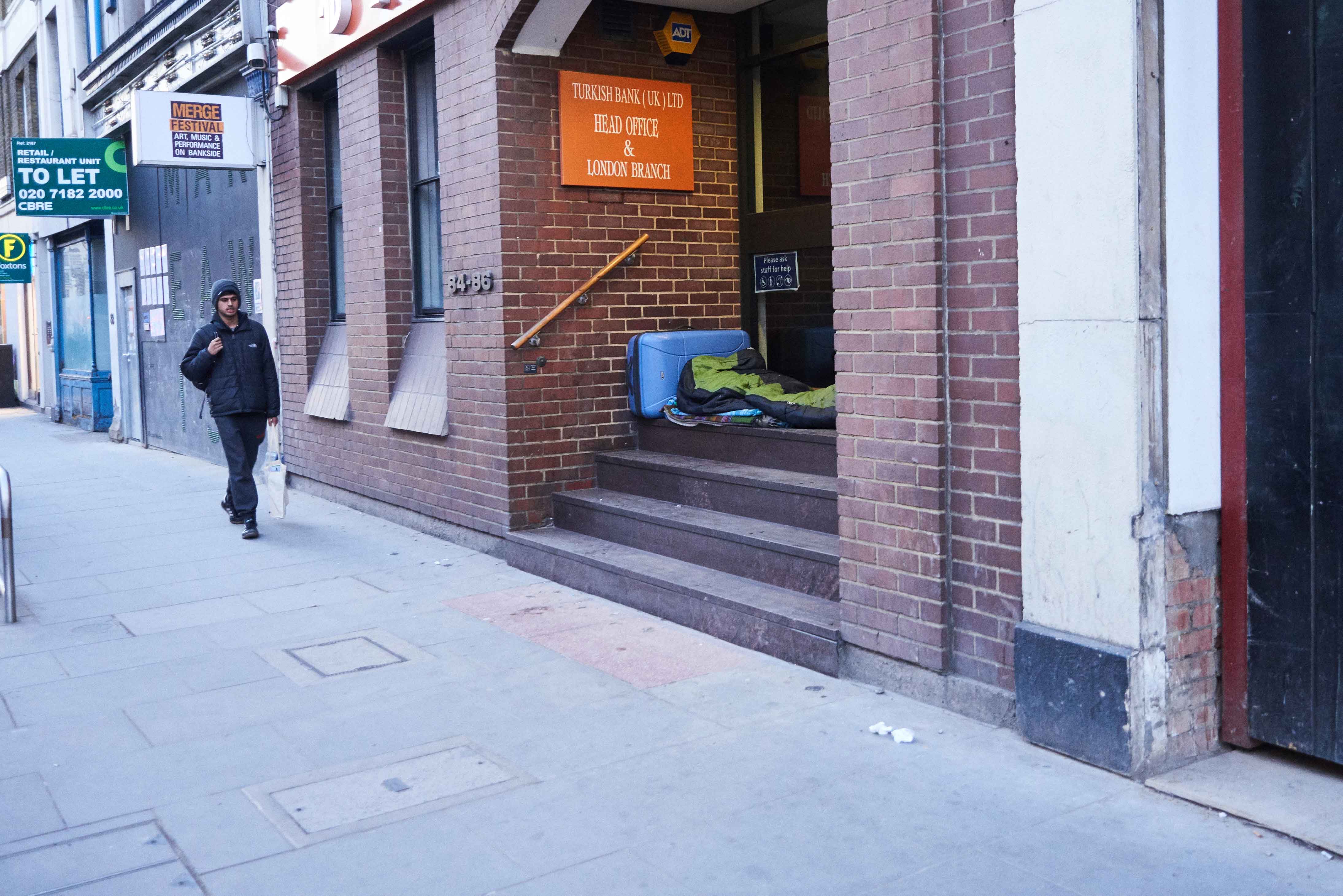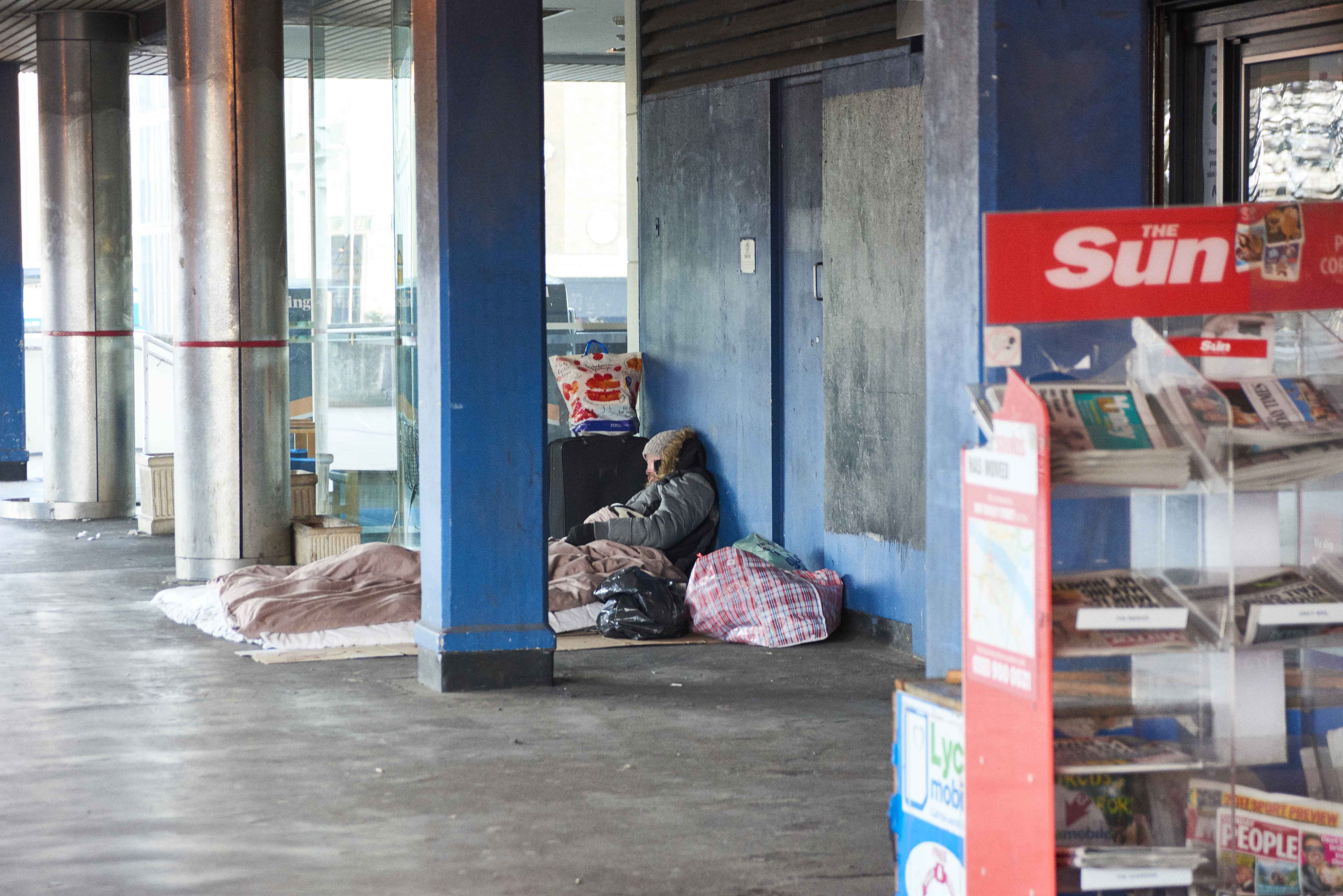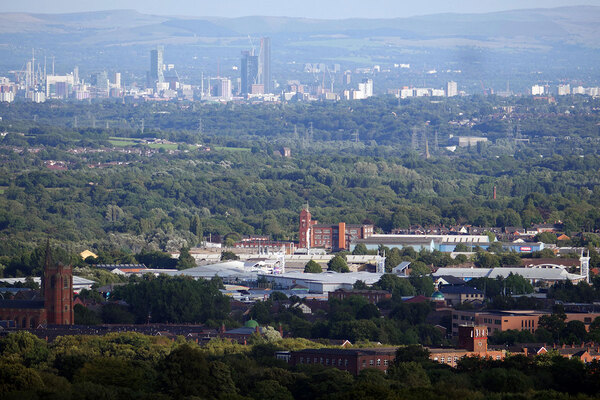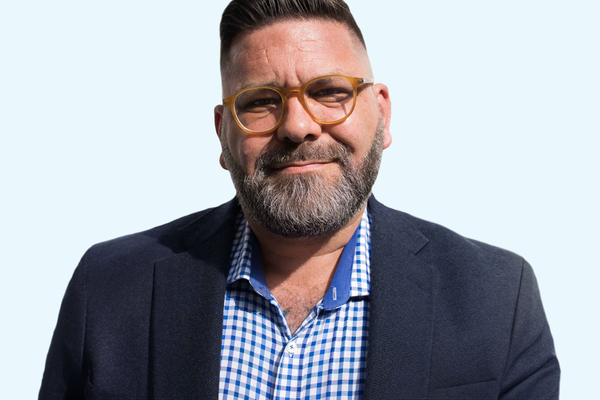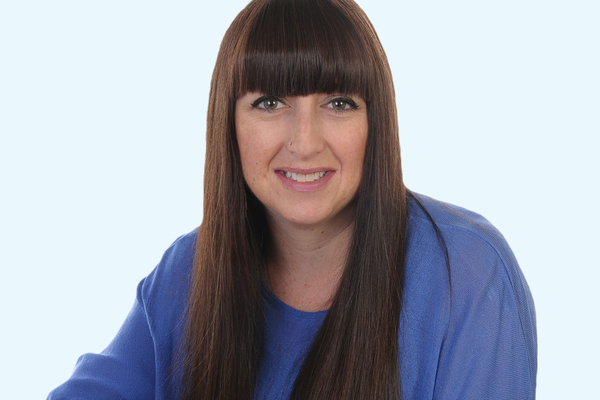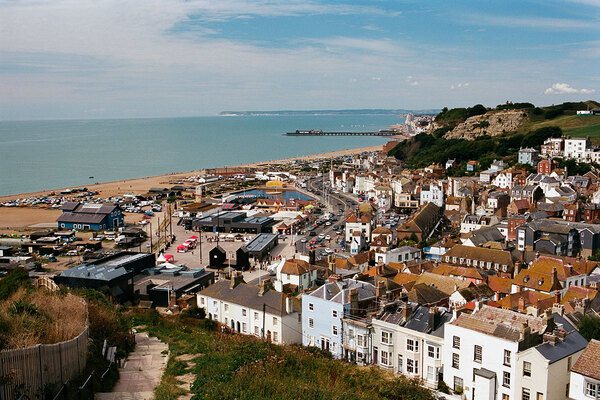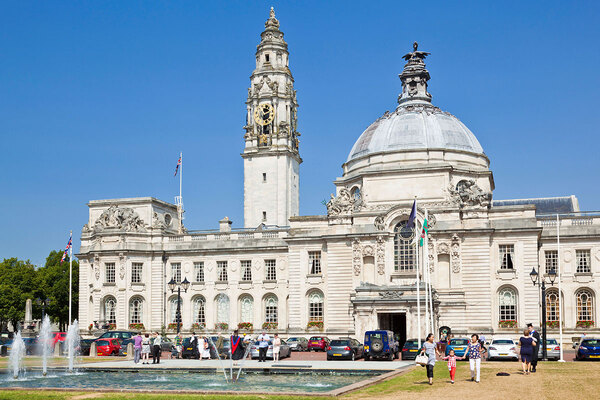The homelessness frontline
Today MPs are set to debate the Homelessess Reduction Bill, amid wrangling from councils over the costs. As the debate takes place, Sophie Barnes reports back from one outreach team’s nightly fight against homelessness in south London
In the shadow of the Tate Modern, lit by the dazzling beams of light from the nearby Shard, a flimsy wooden pagoda serves as a shelter in a council estate garden. This, for the moment, is the home of Andrey (not his real name). When I meet him on a chilly December night he is wearing only a brown leather jacket, a thin shirt and trousers and he says he has been sleeping in the garden for the past three months.
“More and more people are sleeping rough and more are unwell.”
Georgiana Choak, deputy outreach manager, St Mungo’s
Georgiana Choak, deputy outreach manager at homelessness charity St Mungo’s, knows all too well that Andrey’s situation is increasingly common.
“I’m definitely seeing an increase in pressure,” she tells me. “More and more people are sleeping rough and more are unwell.” And she should know. Ms Choak – ‘Nana’ to her colleagues – has spent many nights on the streets of London seeking out rough sleepers to offer whatever help she can.
I’ve been invited by Nana and her colleague Steve Doherty to see St Mungo’s work in action in Southwark, and meet some of the many rough sleepers who need their support.
Demand for change
The visit comes just before MPs are set to discuss the next stage of the Homelessness Reduction Bill in the House of Commons on 27 January. It’s potentially the most significant piece of homelessness legislation in years. In many ways, the fate of the people we meet tonight hangs on its progress.
So what are their stories and why has the demand for change been growing?
A St Mungo’s outreach worker talks to a rough sleeper
St Mungo’s sends outreach workers onto the capital’s streets every morning and night to look for rough sleepers and follow up on referrals made by the public. And it’s an increasingly vital service.
Homeless shelters up and down the country have closed as funding cuts bite. At the same time, the number of rough sleepers has risen 51% since 2014, according to government figures released this week.
The highest number is in London, where housing costs have spiralled out of control and councils are overstretched. The latest figures reveal there were 940 rough sleepers in London in 2015 – more than double the number five years ago.
This perfect storm of housing need makes St Mungo’s job even more urgent. But with less funding and growing demand, the support the charity can offer is limited.
Tonight, Andrey is the first person we come across. He left his native Bulgaria because he had no job, but he hasn’t had much luck over here either. He has been selling The Big Issue and, in broken English, says he wants to move to Germany for work.
See also:
Steve recognises Andrey. He and Nana came across him eight months ago when he first told them about his plan to move to Germany. He has been moving around London sleeping in different spots ever since.
This means he’s not eligible for the No Second Night Out scheme, where rough sleepers who are spotted for the first time are given a bed in a shelter. Because Andrey has been sleeping rough for months, he doesn’t fit the scheme’s brief – and there’s not much else available. He asks if there is space at the St Mungo’s hostel but there isn’t. Nana tells him about a shelter in the area that local churches run, but it moves from church to church every night.
“Most of the people on my caseload have significant mental health issues.”
Georgiana Choak, deputy outreach manager, St Mungo’s
The outreach workers suspect Andrey might have a learning disability, which is a concern because there are “very few resources” for people with mental health issues, according to Nana. This is complicated by the fact he does not have a local connection to the area and has no right to access public funds. “Most of the people on my caseload have significant mental health issues,” says Nana.
Nana and Steve promise to return to talk about what support Andrey would like. However, when I check in with Nana a few weeks later she tells me he has disappeared, despite several attempts to find him.
It is hard for the workers to keep track of some of the people they are trying to help. “Wandering” is the official term they use. As we work through the list of rough sleepers who have been spotted by the public, we find that several are no longer where they were first seen.
Our next stop takes us past Walworth police station, where Nana spots an anxious-looking woman in an overlit waiting room with a child aged about eight or nine resting his head on her lap. A suitcase at her feet immediately raises alarm bells.
The woman is fleeing domestic violence and has travelled from Kent to seek help from a women’s refuge in Southwark. Because she isn’t a Southwark resident, social services say they have no responsibility to give her accommodation. The refuge has no beds and the police have tried all options.
Indefatigable, Nana gets on the phone to social services. What follows are several, at times tense, conversations over two hours as Nana tries to explain to social services that they have a legal duty to house this woman and her child even if she is not a local resident. Eventually they relent and just after midnight Nana gets a call to say the woman and her son are on their way to a bed and breakfast, paid for by social services.
“I’m 45, I’ve got to work out what I want to do with the rest of my life.”
Adam (name changed)
This incident exposes a worrying flaw in the system: domestic violence victims have a legal right to be housed, even if they don’t have a local connection to an area, but the council’s social services team seem unfamiliar with the law. If Nana hadn’t intervened, the woman – having just fled an abusive partner – and her child could well have spent the night on a hard bench in a police waiting room.
Nana and Steve work with some of society’s most vulnerable people and they have some harrowing stories to tell. We drive past a Tesco supermarket where Steve points out one of his clients, Ashley (not his real name), sitting outside, begging. He is 30 and has had drug addiction problems for more than half his life. His mum’s boyfriend beat him from the age of 11 and, aged 13, he started injecting.
Question of trust
Some of the people we come across are less open to receiving help than others. Isaac (not his real name) is sitting behind a row of houses in Peckham warming himself in front of the small tin can fire he has built. Nana and Steve try to talk him through what support they can give, which can include help to access benefits, employment advice and mental health services.
“I’m not convinced, I’m not convinced,” he replies. He says this country has given him nothing and he’ll return to his home country, but won’t tell us where it is. “I’m fine,” he says, gesturing to a tiny wooden lean-to with a tarpaulin pulled over the top. “I’ve got my fire, I’ve got somewhere I can lay.”
Outside a supermarket just down the road we come across an older man snoozing upright on a bench with his arms folded. He wears a black quilted jacket zipped up to his chin; his hood is up and covers most of his face. He refuses the offers of help. “No – I’m fine, thank you. You’ve woken me up; I just want to get some sleep,” he says. He looks elderly and very cold.
I ask what the workers can do in situations where their help is being refused. They say ultimately it is up to the individual if they want support. But often, after several return visits, they will be more open. It’s a question of trust, and this can take a while to build up.
It’s now 2am and Nana and Steve have come to the end of their shift, but they want to make one last stop to say hello to a regular client. Adam (not his real name) is sitting in his wheelchair outside an Underground station. Blankets and bags are piled up on his chair and around his feet.
“Imagine you’re sleep-deprived having slept rough, which isn’t restful, and then you have that system to deal with. It traps people.”
Georgiana Choak, deputy outreach manager, St Mungo’s
He wants to take a writing course and live in a caravan in the countryside “to get away from the usual triggers”. He uses drugs, but he thinks with something to occupy his mind he can get clean. “I’m 45, I’ve got to work out what I want to do with the rest of my life,” he says.
Right now, though, he is unhappy because he could soon be moved onto Universal Credit. The controversial new benefits system presents a catch-22 for homeless people, Nana tells me. They need a bank account in order to receive the monthly payments, but banks require a home address to open an account. It’s also an online system, which means a homeless person would have to get access to a computer and feel confident using it.
“If our clients aren’t literate, then without us running around trying to sort this out they’re stuck, they can’t get any benefits,” Nana says. “I find it convoluted and I’m computer literate. Now imagine you’re sleep-deprived having slept rough, which isn’t restful, and then you have that system to deal with. It traps people – and it traps very vulnerable people.”
Political progress?
There may be hope in sight in the guise of the Homelessness Reduction Bill. The bill places more pressure on councils to step in before a person becomes homeless and Nana says “theoretically” it would “completely challenge the current system”. She thinks it could be a “major step” towards making sure people get the help they need.
There were 940 rough sleepers in London in 2015 – more than double the number five years ago
The big question mark for councils, however, is how they will afford the extra duties placed on them. The government has announced £48m to cover the new responsibilities, but councils say this is not enough. London councils have estimated the extra work could cost them more than £160m collectively.
Stephanie Cryan, cabinet member for housing at Southwark Council – which commissions St Mungo’s outreach work in the borough - points out the council’s financial constraints and says government policies such as the wide-ranging welfare reform programme are leading to an increase in homelessness.
“We’re doing a lot around the prevention and intervention work, especially with people who are sofa surfing.”
Stephanie Cryan, cabinet member for housing, Southwark Council
However, she agrees with the emphasis on preventing rough sleeping. “For us it’s really meaningful to try and prevent it happening in the first place. We’re doing a lot around the prevention and intervention work, especially with people who are sofa surfing who could quite easily fall through the cracks.”
The council has recently been given £1m of government funding and it will use this for prevention and mediation work. There’s also a funding bid in from the council for a No First Night Out scheme, which would involve a cross-departmental group of council services and outside organisations working together to reach single people who are in danger of sleeping on the streets.
There’s no lack of political consensus on rough sleeping. Housing minister Gavin Barwell recently said it is a “moral shame” on our society and MPs of all stripes fall over themselves to call for more action from government. The Homelessness Reduction Bill, if properly funded, has the potential to dramatically alleviate the problem, but until then it is people like Nana and Steve who will keep working through the night to seek out the most vulnerable in our society.
“There’s a lot that we can do and improve on,” says Nana. “I’m never going to say this is good enough, but there are lots of extraordinary people in the sector who are doing a lot.”
Source: Dan Joseph
Source: Dan Joseph
